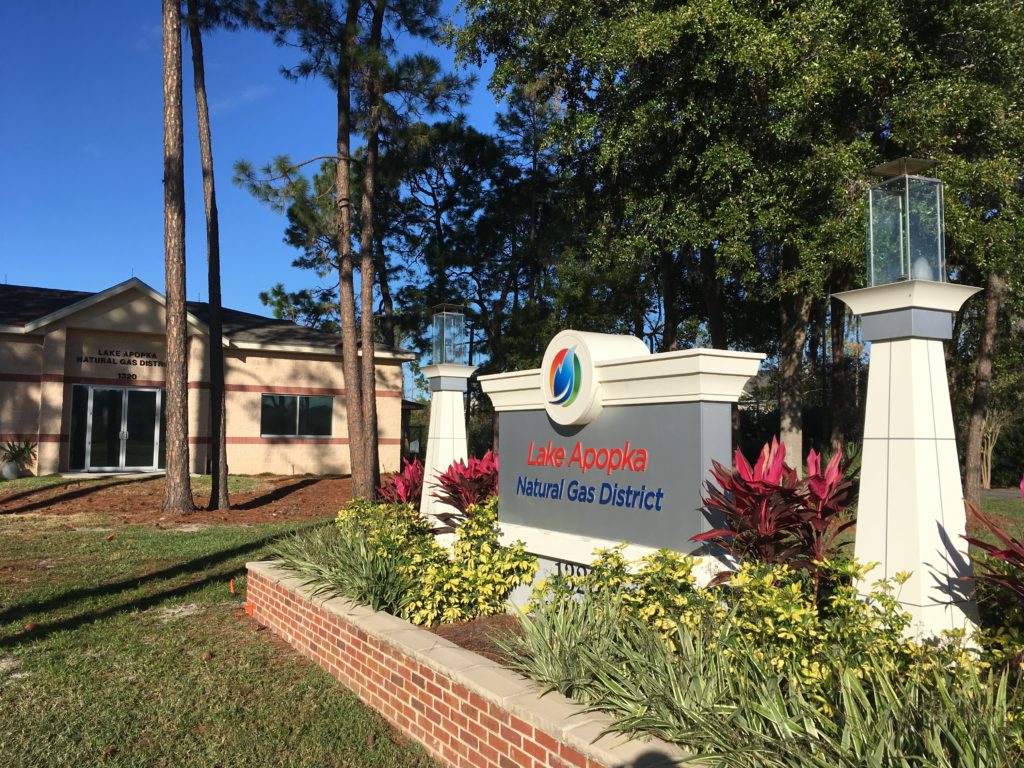
Americans have been using natural gas for decades. It fuels homes and factories, powers appliances, and is used to make products like antifreeze, medicine, plastics, and electricity. Since 1949, its use and domestic production have risen each year, with more than 67 million customers in the United States, or about 29 percent of all the energy that is used across the nation.
With many homes and businesses using natural gas, it’s important to know how to recognize a gas leak and take the right steps to keep you and your family safe.
Is natural gas safe?
Yes! Natural gas has a very limited range of flammability. This means that it takes just the right mixture of air and natural gas before it can burn. Also, natural gas is lighter than air, so it will safely rise and disperse if it is allowed to vent freely. Even with this in mind, it is very important to understand natural gas and be aware of safety tips concerning its use. Most accidents occur due to lack of knowledge that leads to unsafe equipment or appliances, not because natural gas itself is unsafe.
What is mercaptan?
In its native state, natural gas is odorless, colorless and tasteless, so a harmless chemical called mercaptan is added to natural gas to make it smell. Mercaptan contains sulfur, which gives it an odor similar to that of rotten eggs. Its smell is unmistakable, and that’s exactly why it’s added to natural gas—to help you detect even the smallest amount leaking into the air. When mercaptan is added to natural gas, it rises and dissipates much like the gas itself, making the two substances ideal companions.
How to Recognize a Natural Gas Leak:
LOOK…
• For water that is bubbling or being blown into the air in a puddle, creek, pond or river.
• For dirt being blown or thrown into the air.
• For fire that either comes from the ground or appears to burn above the ground.
• For dead or dying vegetation on or near roadways or easements in otherwise green areas.
• For dry spots in moist, otherwise green locations.
LISTEN…
• For a roaring, blowing or hissing sound.
SMELL…
• Although natural gas is odorless, mercaptan, the “rotten-egg”-smelling agent, is added to help you detect a leak.
What to Do If You Smell Gas:
• DO NOT use open flames or do anything to cause a spark (e.g., using a garage door opener, telephone or portable phone, electric or battery-operated tools, flashlights, motor vehicles, etc.).
• Immediately evacuate the area and call Lake Apopka Natural Gas District’s 24/7 emergency number at 800-542-3344, their local number at 407-656-2734 or 9-1-1 from a safe distance. Warn others to stay away from the area.
• DO NOT attempt to extinguish the fire.
• DO NOT attempt to operate underground valves or control the flow of escaping gas by bending or squeezing pipe.
In the case of a gas leak, their first responsibility is to make sure the area is safe. All District personnel carry identification and will, upon request, show their identification before entering your home or building. Service will be restored as soon as they’ve ensured the safety of you and your family.
Lake Apopka Natural Gas District values safety in their work. In 2016, they were one of six utilities out of over 700 nationwide to win the American Public Gas Association’s System Operational Achievement Recognition (SOAR-Silver) award, which honors natural gas systems that have achieved operational excellence and safety.
Advertisement
